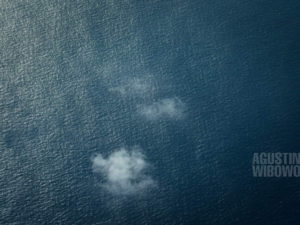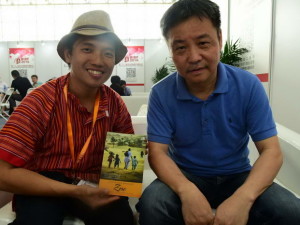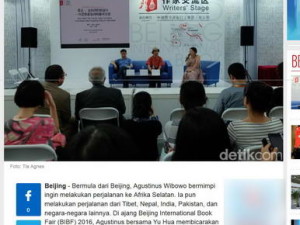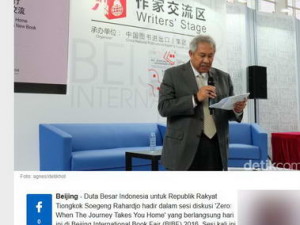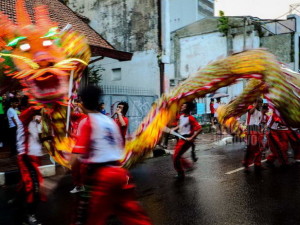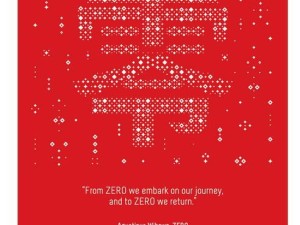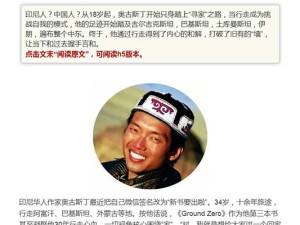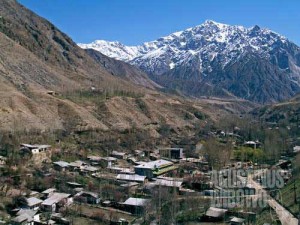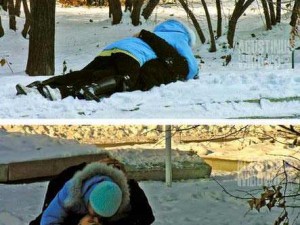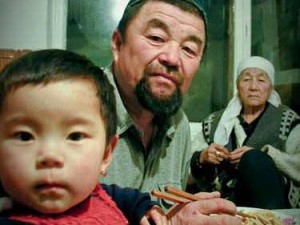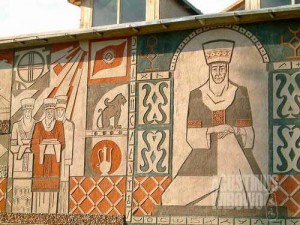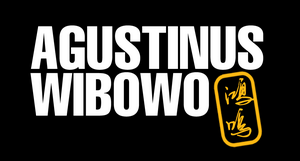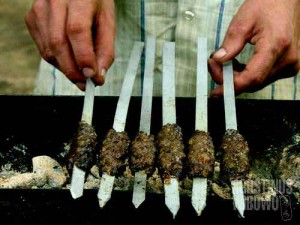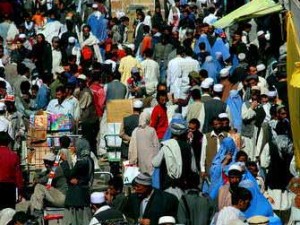The Sea
This article was published in Westerly magazine (Australia), Edition No. 62.2 (2017) The first time I saw the sea, I was five. My father took me to see the Indian Ocean. We lived in a small town near the southern coast of Java, so we refer to the ocean as the ‘South Sea’. The furious sea under the dusky and misty dawn emanated a mysterious, yet intense energy, which triggered an unprecedented sensation inside me, that I was very, very tiny and powerless before the nature. With his hand around mine, my father told me the story of the Queen of the South Sea. The beautiful goddess, always wrapped in a green dress, is a mighty spirit residing at the bottom of the sea: the one who makes this sacred sea so perilous; the one who so often takes lives. And so, fishermen, sailors, swimmers, even visitors who merely put their feet on the beach sand are carried away by under-water currents, transported to her palace at the bottom of the sea. Listening to this, I shivered. I held Father’s hand tighter. Father laughed, called me a coward. The mystical beliefs of Java somehow had become an essential part of [...]

